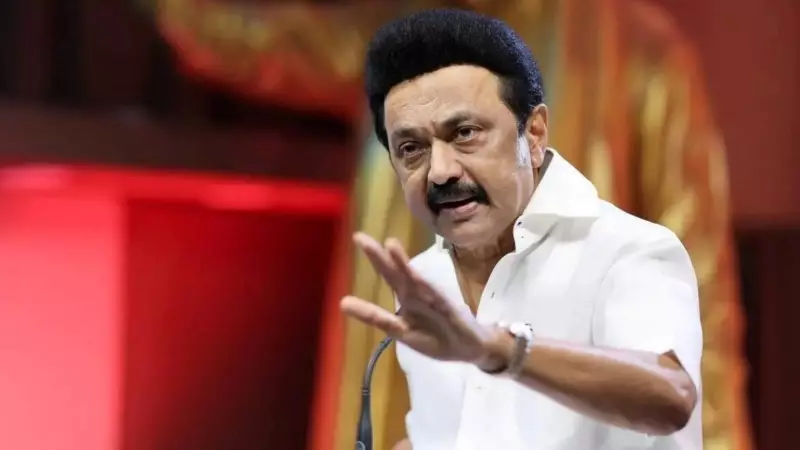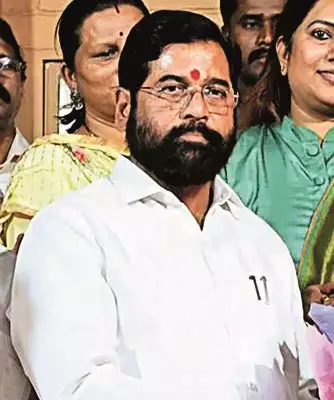
In a sharp escalation of India's ongoing language debate, Tamil Nadu Chief Minister M K Stalin has launched a vehement criticism against Prime Minister Narendra Modi over what he terms as "divisive" comments promoting Hindi.
The political firestorm erupted following PM Modi's recent remarks that appeared to emphasize Hindi's role in national unity, prompting immediate backlash from the southern state known for its strong linguistic and cultural identity.
The Core Controversy
Chief Minister Stalin, addressing the media from Chennai, didn't mince words while condemning the Prime Minister's statements. "The attempts to impose Hindi are not just unacceptable but fundamentally against the spirit of India's diversity," Stalin asserted, reflecting the long-standing sentiment in Tamil Nadu that has historically resisted any form of linguistic imposition.
The DMK leader emphasized that India's strength lies in its multilingual character, warning that any attempts to prioritize one language over others would only create unnecessary divisions in the country's social fabric.
Historical Context of Language Politics
This isn't the first time language has become a flashpoint in Indian politics. Tamil Nadu has a rich history of opposing Hindi imposition dating back to the 1960s, when massive protests shaped the state's political landscape and cemented the two-language formula of Tamil and English.
The current controversy revives memories of those historical struggles and underscores the persistent sensitivity around language issues in India's federal structure.
Broader Implications
Political analysts suggest this latest exchange signals deeper tensions in center-state relations and reflects ongoing debates about national identity in a country with 22 official languages and hundreds of dialects.
The timing is particularly significant as it comes amid ongoing political realignments and preparations for upcoming electoral battles, making language politics a potentially potent electoral issue.
As the debate continues to unfold, all eyes remain on how this linguistic confrontation might influence both regional politics and national discourse in the world's largest democracy.






